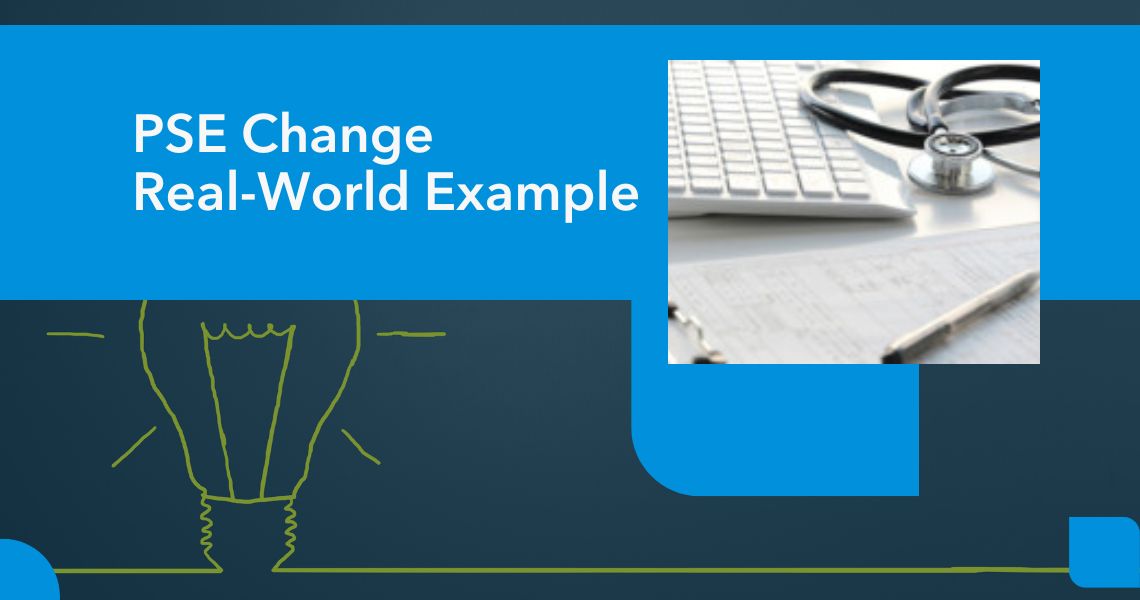Problem: Medicaid patients in the nation’s capital have historically faced delayed and fragmented cancer care across a variety of health care providers and systems and could not always access chemotherapy services.1
PSE Change Solution: The GW Cancer Center conducted a series of meetings with the DC Department of Health Care Finance and convened two summits to gather input from partners in 2015 and 2016. Participants agreed that the top challenge to cancer care access in DC was the limited number of providers participating in the Medicaid network. As a result of dialogue, adjustments to DC Medicaid chemotherapy reimbursement rates were made, increasing access for Medicaid patients due to an expanded provider network. In subsequent years, additional barriers were eliminated, further improving timely access to treatment for DC Medicaid patients.
1. Price, R.A., Blanchard, J.C., Harris, R., Ruder, T., & Gresenz, C.R. (2013). Monitoring cancer outcomes across the continuum: Data synthesis and analysis for the District of Columbia. Rand Health Quarterly, 2(4), 6. Retrieved from https://www.rand.org/pubs/periodicals/health-quarterly/issues/v2/n4/06.html.

